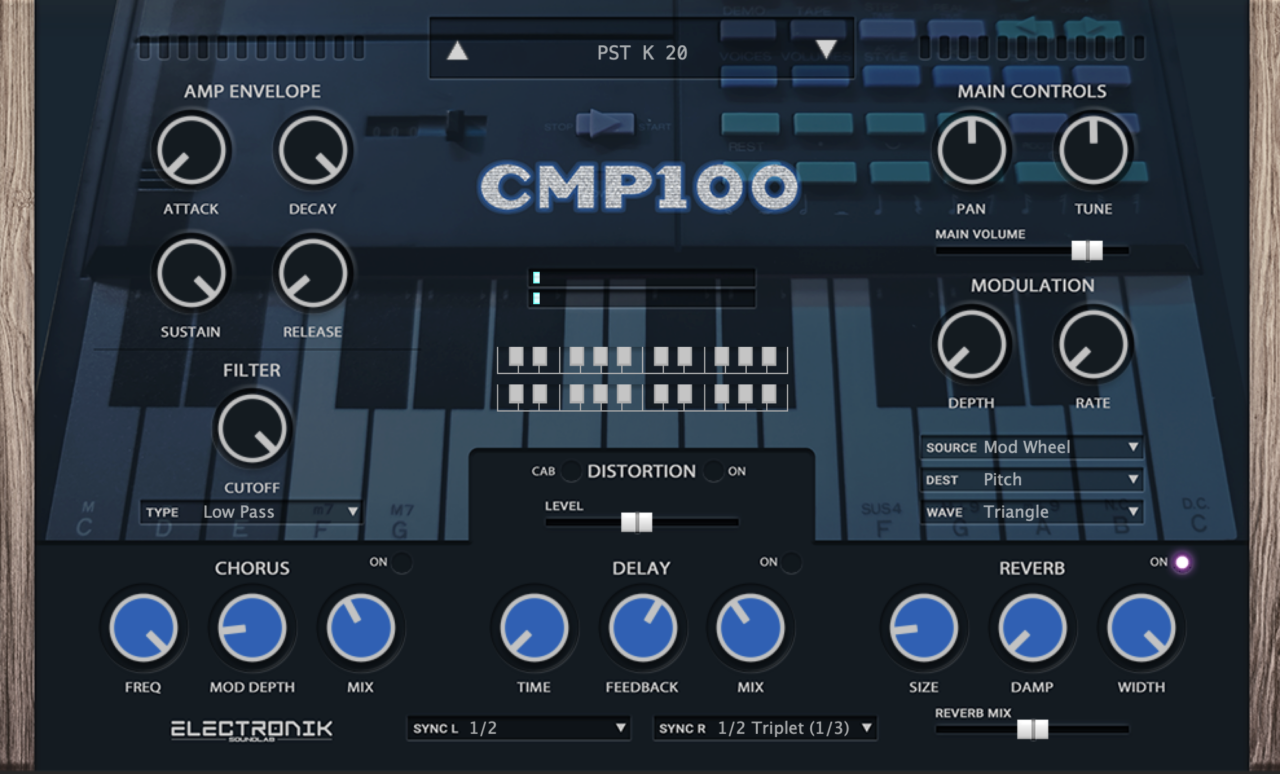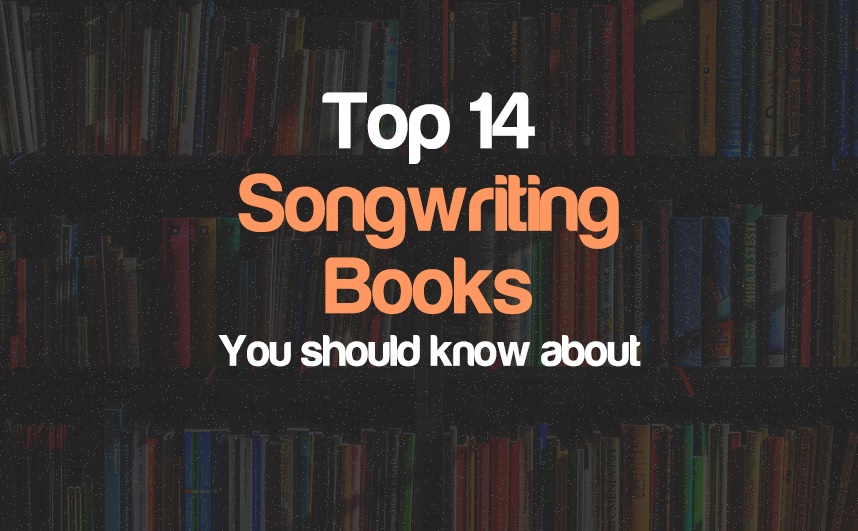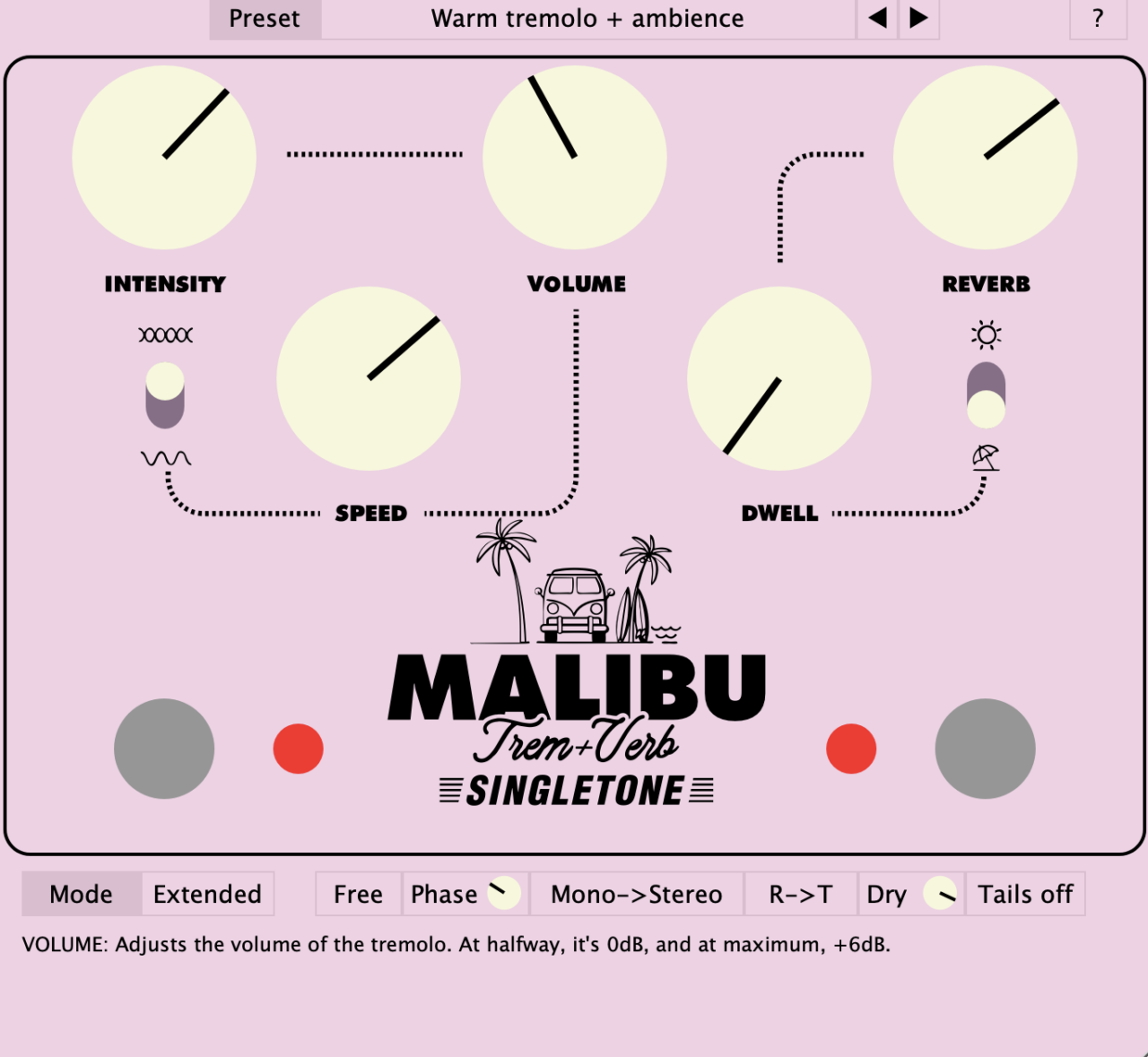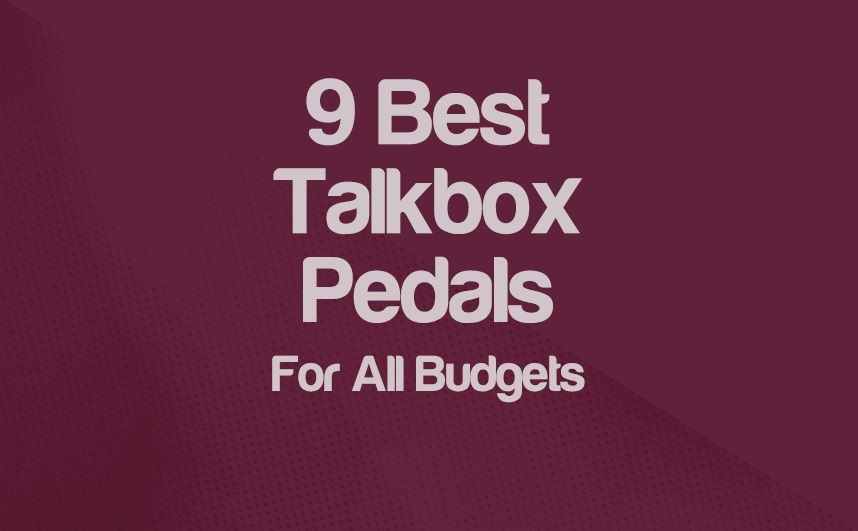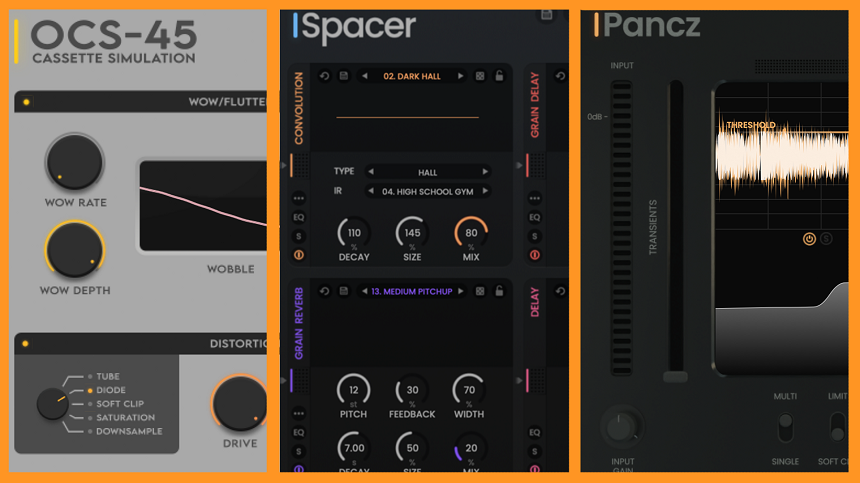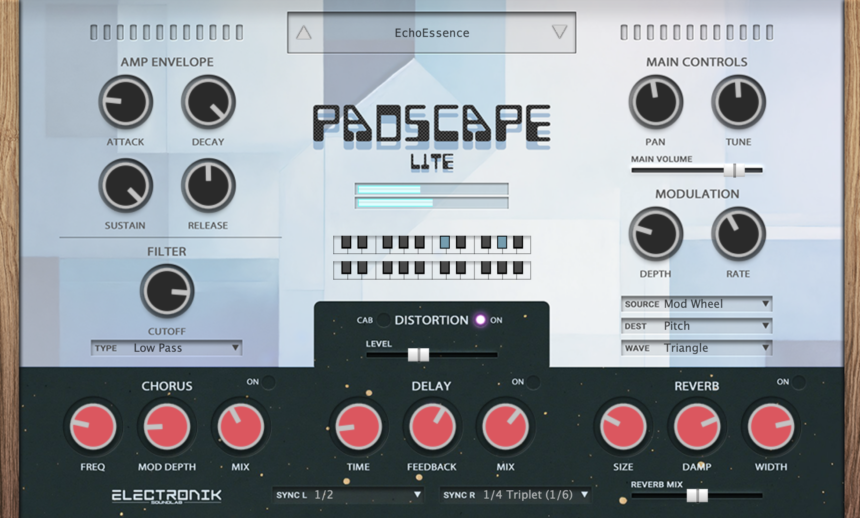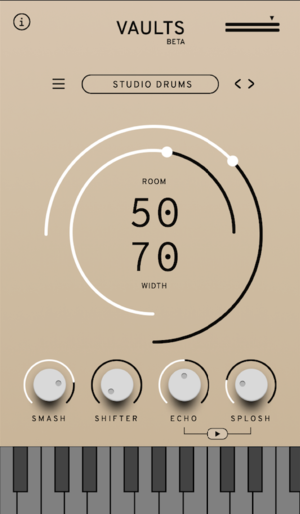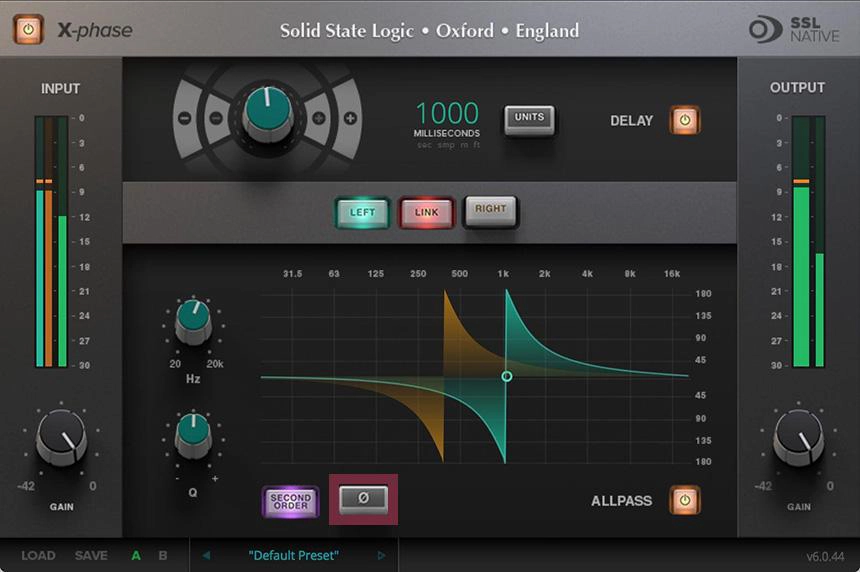FREE Plugin: Electronik Sound Lab Releases CMP100
ESL’s latest release is aimed at vintage synth fans, as CMP100 is sampled from a rare 1980s FM synth called Phillips PMC100. Yes, you read it right; I wrote Phillips. The usual suspects when we talk about 80s synths are Roland, Moog, Sequential, and the […]
FREE Plugin: Electronik Sound Lab Releases CMP100 Read More »

